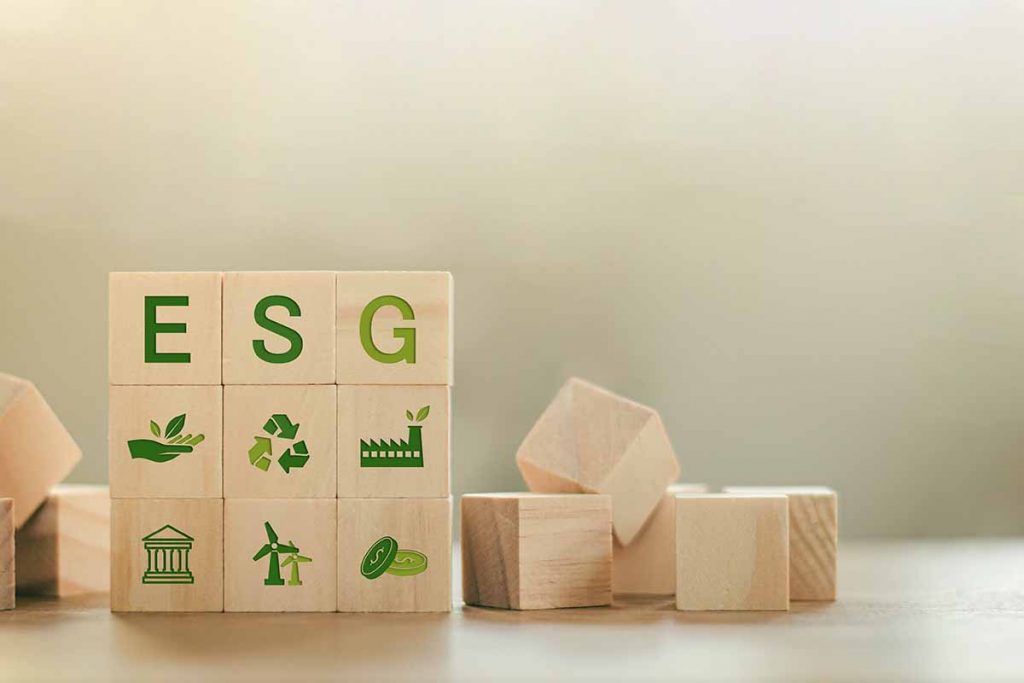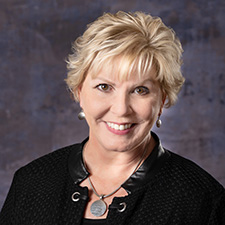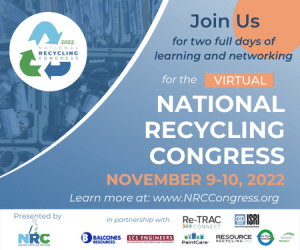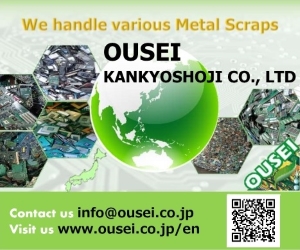
Leaders with Hillenbrand discussed the company’s ESG efforts, including a recycling equipment manufacturer acquisition. | d.ee_angelo/Shutterstock
Sustainability and environmental, social and governance plans are typically multifaceted, but a recent acquisition by Hillenbrand brought recycling to the forefront for the manufacturing conglomerate.
Kim Ryan, president and CEO of Hillenbrand, parent company for a number of plastics processors, said the company is focusing on recycling because it’s an area with “attractive growth characteristics that play to our strengths, in addition to serving our goal of a more sustainable future.”
Recently it moved to acquire German equipment manufacturer Herbold Meckesheim, which specializes in size reduction, densification equipment and wash line systems for plastics, for about $77.6 million. Hillenbrand was interested in the recycling company because it has equipment and solutions complementary to another one of Hillenbrand’s companies, Coperion.

Kim Ryan
“By leveraging our respective key technologies, we are uniquely positioned to offer customers complete recycling solutions across the entire recycling value chain from size reduction, washing, separation and drying, through material handling, feeding, extrusion and pelletizing to build a full recycling system,” she said of the acquisition.
Hillenbrand started its sustainability program in 2021. Tory Flynn, Hillenbrand’s chief sustainability officer, said the company is using the formal program to “be more focused in driving and disclosing results of our progress, embedding standards and prioritizing our actions to better understand our organization’s impact on the environment.”
“While we are in the early innings of our formal program, we have made tremendous progress in a year, which can be seen in our recent sustainability report,” Flynn said, adding that the past year has mostly been focused on understanding its own operations.
Moving forward, Hillenbrand will examine its relationships with suppliers, customers and community partners, Flynn added.
“Our goal is to have sustainability so tightly intertwined with how we operate, that it becomes a core element of our business strategy,” she said.
To achieve that, the company will shift how it thinks and collaborates, Flynn said. That means recycling efforts but also innovations.

Tory Flynn
“Our products can play a leading role as we look to the circular economy,” she added. “Take, for example, Coperion’s specialized recycling technology with its ZSK twin screw extruder.”
A newly developed side feeder simplifies the process of compounding shredded PET and allows it to be fed directly into extruders, so “we have tremendous opportunity ahead of us to increase recovery and reduce plastic waste to make progress towards a circular economy,” Flynn said.
The company is also looking at food, biopolymers and batteries as areas of potential growth, Ryan said.
“These end markets have macroeconomic tailwinds to support long-term growth and our expertise in highly technical, large-scale processes leaves us well positioned to provide the innovative solutions that customers need to increase their scale and output,” Ryan said.
Ryan noted that as consumer habits change and more environmental legislation is passed worldwide, “the plastics industry recognized long ago that more sustainable production is a must.”
“We are leading in this transition through our specialized recycling technology and by investing in the construction of a state-of-the-art recycling test lab that will allow customers to develop and test new, sustainable products and recycling processes together with Coperion’s experts,” she said.
More stories about brand owners
- Pepsi reduces, extends global recycled resin goal
- Bottlers say PCR usage rose, clearing minimum
- Walmart, Berry keep working toward 2025 plastics goals



